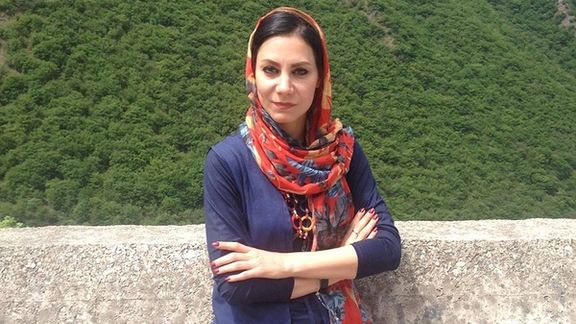Jailed Iranian Christian Denied Medical Care

Laleh Sa'ati, a Christian citizen detained in Iran's Evin Prison is being denied access to medical facilities and specialized examinations.

Laleh Sa'ati, a Christian citizen detained in Iran's Evin Prison is being denied access to medical facilities and specialized examinations.
According to a report from the rights group Human Rights in Iran, a recent visit by the 54-year-old's mother revealed that her daughter is experiencing psychological issues due to her imprisonment conditions.
The group claims, "The prosecutor and the Ministry of Intelligence have opposed the conditional release of the Christian convert. Given the circumstances, there is an urgent need for her to be sent to a medical center for specialized neurological examinations."
Arrested in February, Sa'ati was sentenced in March to two years in prison and a two-year travel ban, convicted of "acting against national security through association with Zionist Christian organizations."
The trial was conducted without the option for Sa'ati to choose her own lawyer, charges based on her religious activities after returning to Iran in 2017 from Malaysia, where she converted and sought refugee status. Evidence found on her mobile phone such as a baptism video and participation in church activities abroad was used against her.
In 2021, 53 Christian converts were arrested, according to the United Nations Special Rapporteur on the Situation of Human Rights in Iran, Javaid Rehman, with numbers rising ever faster in the wake of the 2022 uprising.
The 2023 annual report from London-based Article18 shows a rise in the arrests of Christians in Iran, either for the practice or spreading of the faith, increasing from 134 in 2022 to 166 last year.
In Iran, where Shia Islam predominates, only the Abrahamic faiths—Christianity, Islam, and Judaism—are officially recognized. However, under Sharia law, it is illegal in Iran for Muslims to convert to Christianity.